Supreme Court Directs Election Commission on EVM Data Preservation
- ByAdmin --
- 16 Feb 2025 --
- 0 Comments
In a crucial directive, the Supreme Court of India has ordered the Election Commission (EC) to preserve data stored in the burnt memory of Electronic Voting Machines (EVMs). This decision comes amid growing concerns over eletoraltransparency and data integrity in the democratic process.
Context of the Case
The controversy surrounding EVMs has been ongoing, with opposition parties and activists alleging that these machines can be tampered with or malfunction in ways that impact election outcomes. The petitioners sought a directive ensuring that all data from EVMs is retained for forensic examination if needed, arguing that the lack of transparency undermines public trust in elections.
Supreme Court’s Directive and Justification
The apex court observed that the preservation of electoral data is crucial for democracy and ordered the EC to store data from EVMs in a secure manner for future verification. The bench noted that while EVMs are widely considered secure, the possibility of technical errors cannot be ignored, making data retention necessary for accountability.
The judges further emphasized that election results should be verifiable through an auditable process, strengthening voter confidence. The ruling also directed the EC to submit a report on how it plans to ensure compliance with this directive.
Potential Impact on Electoral Process
This judgment could lead to reforms in how election data is handled in India. If the EC adopts stringent preservation mechanisms, it may pave the way for enhanced electoral transparency. However, election officials maintain that the existing system is robust, and retaining data beyond a certain period may be impractical.
Political analysts view this directive as a step toward addressing concerns over EVM reliability, though some critics argue that it might add bureaucratic hurdles without significantly changing election integrity.



















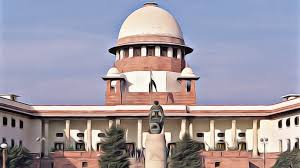

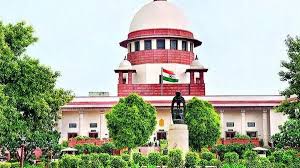









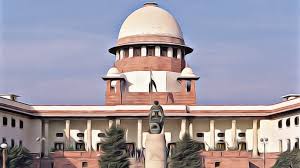




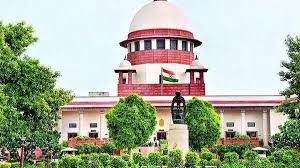



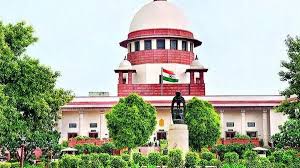




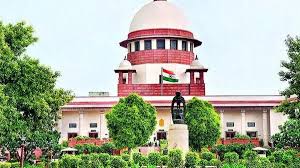










































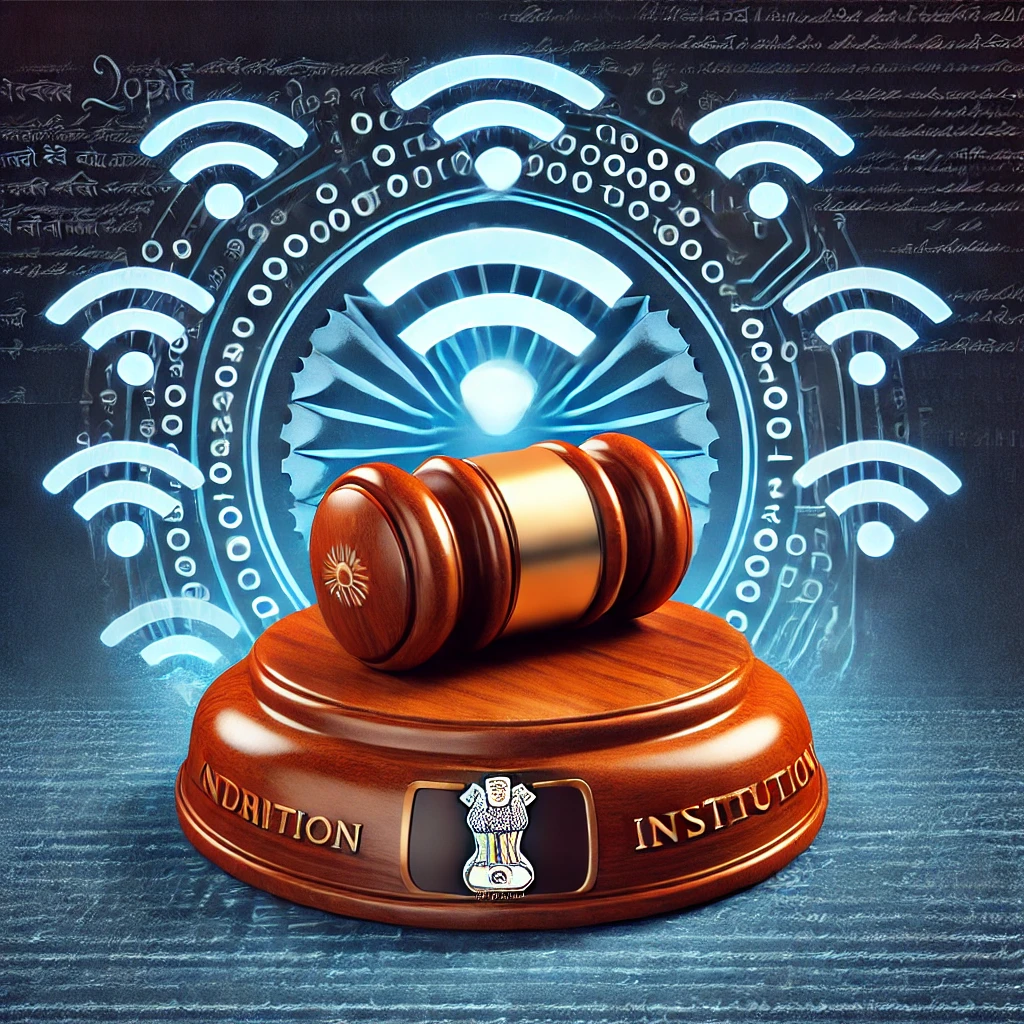






































































































































































































































































































































0 comments